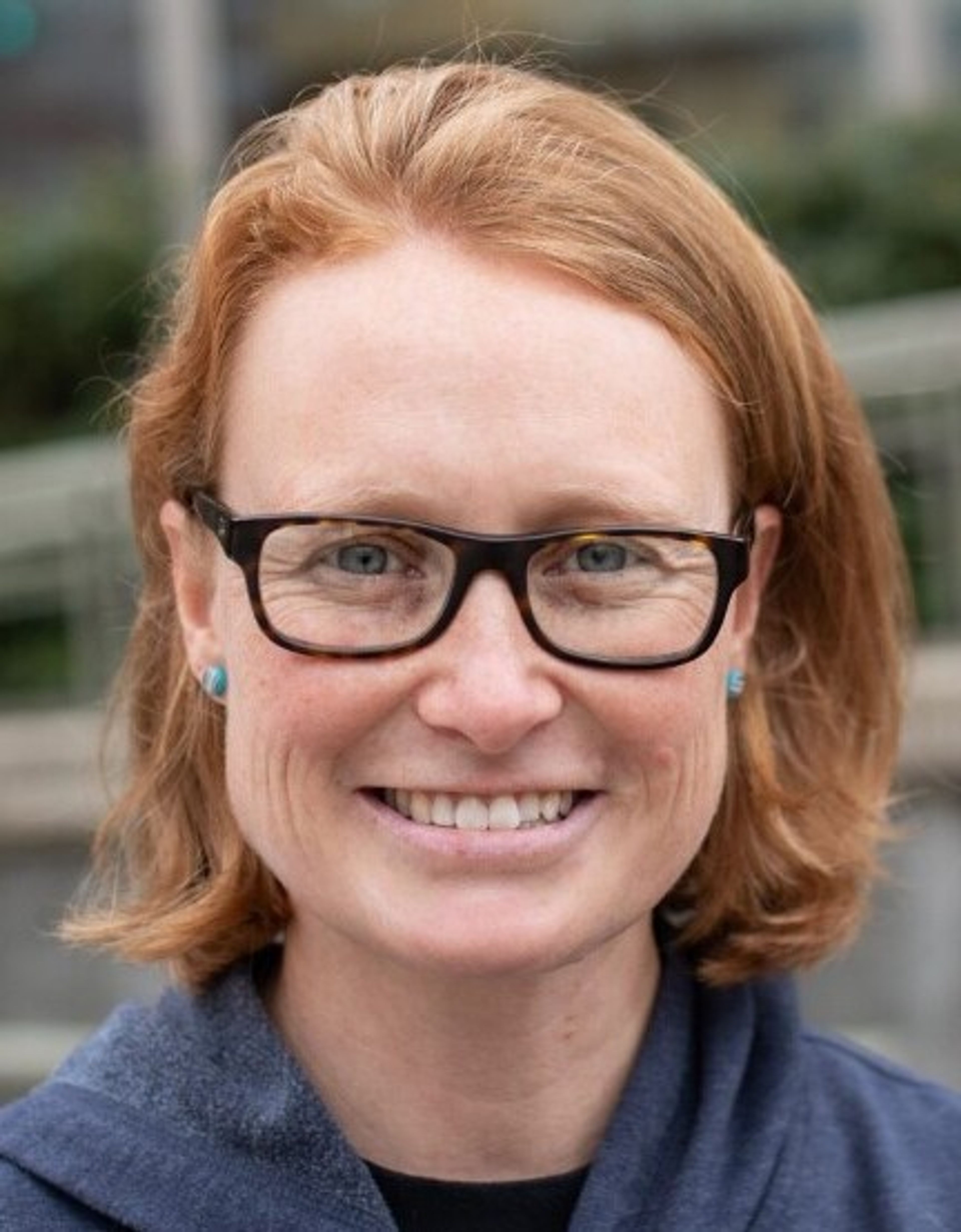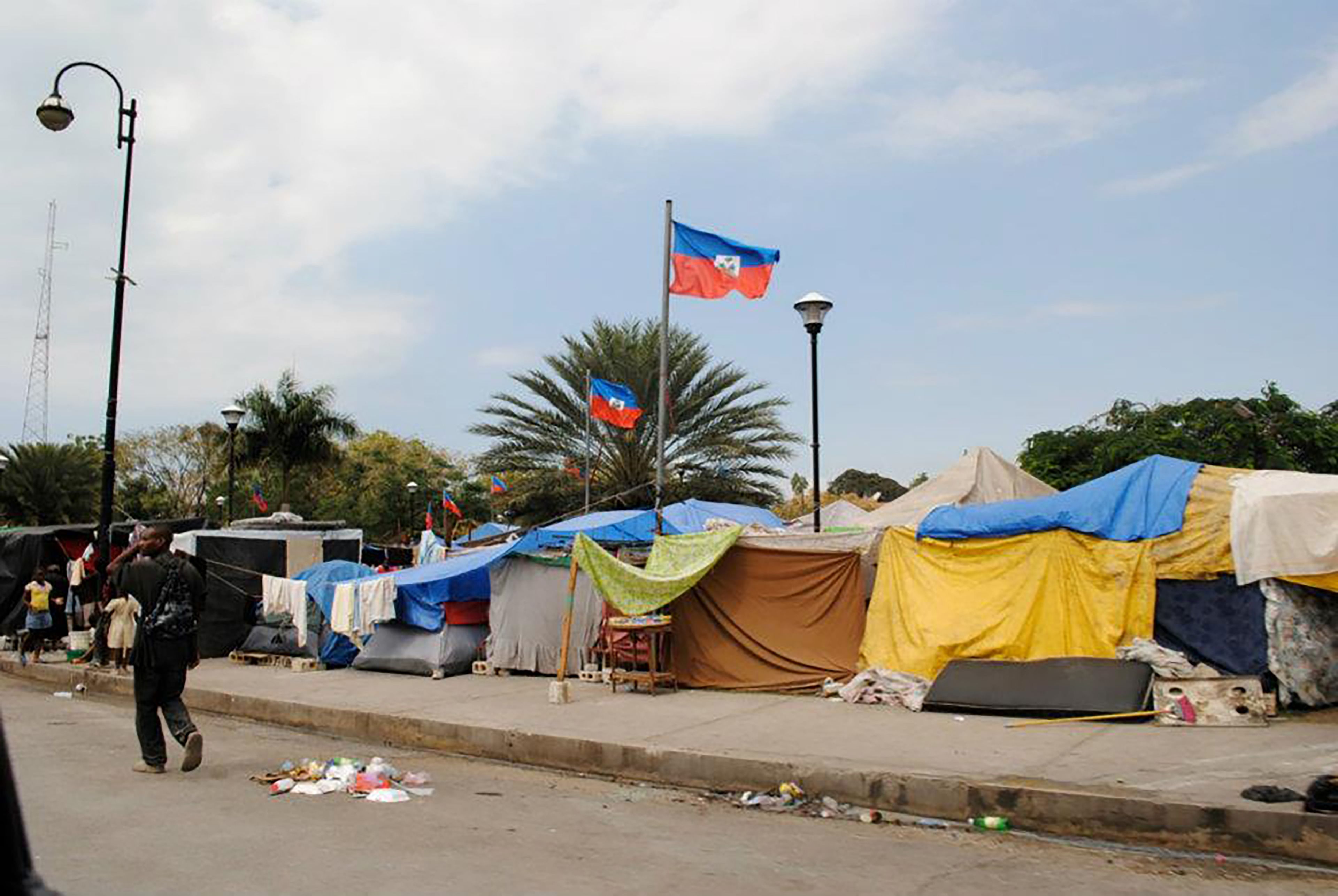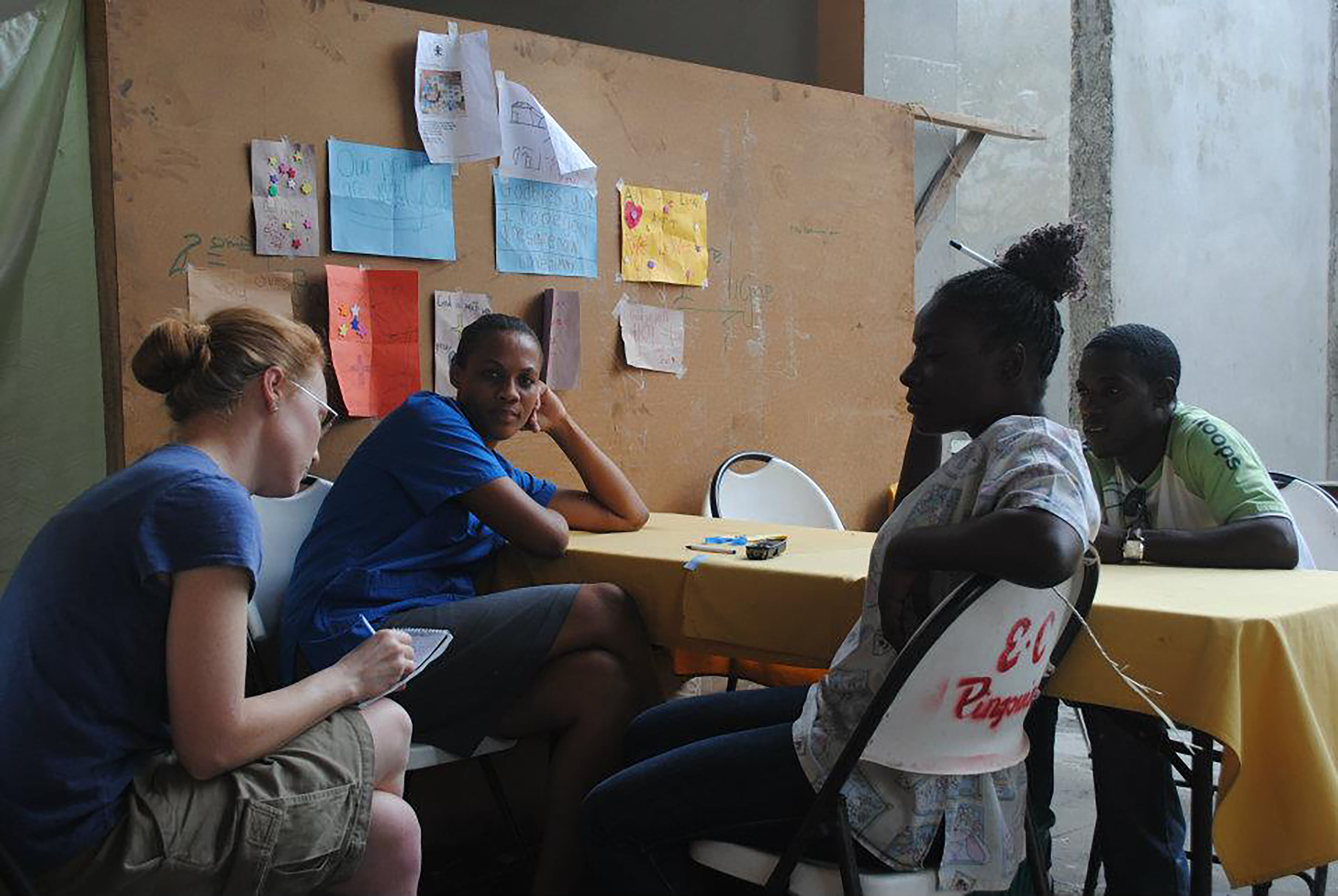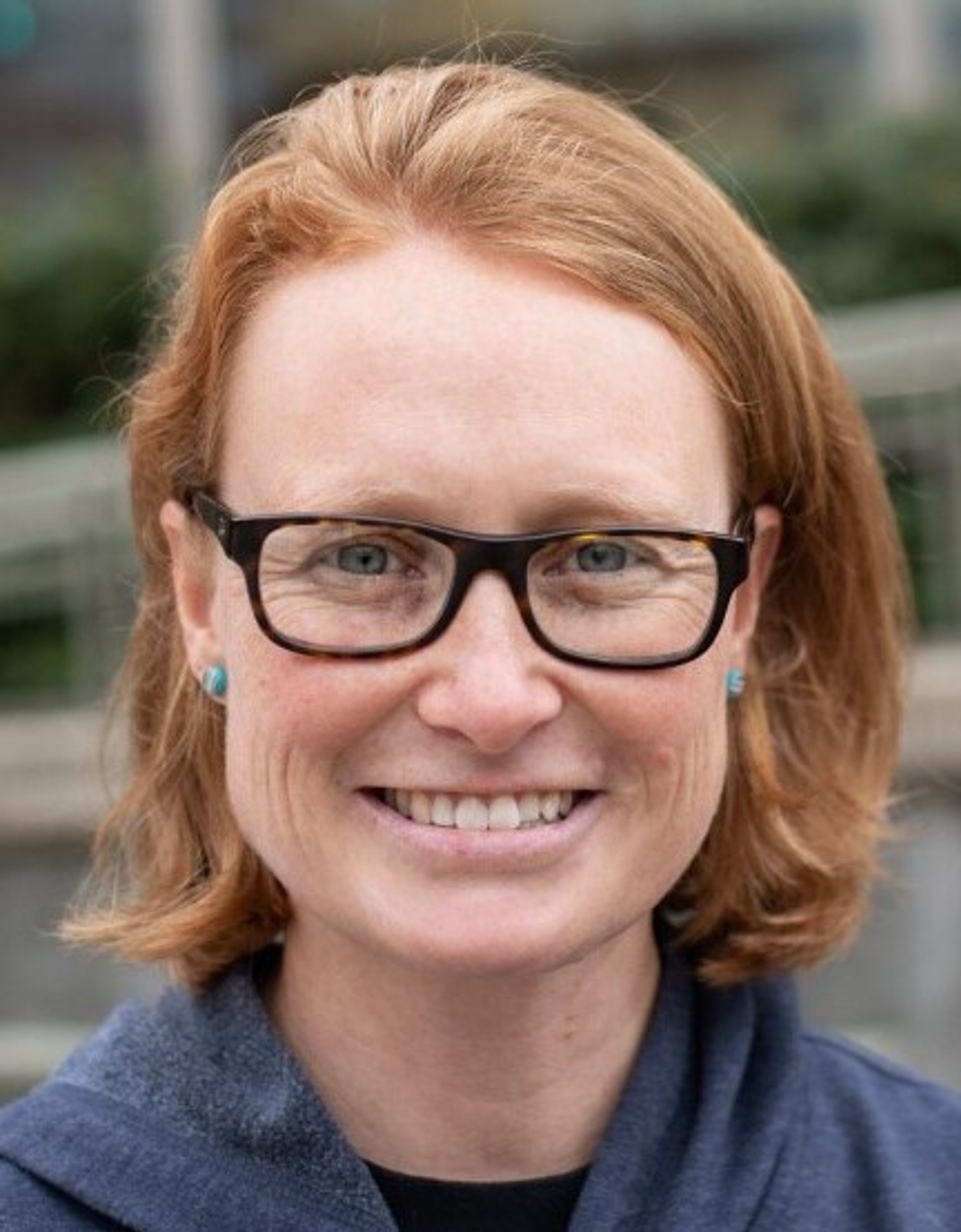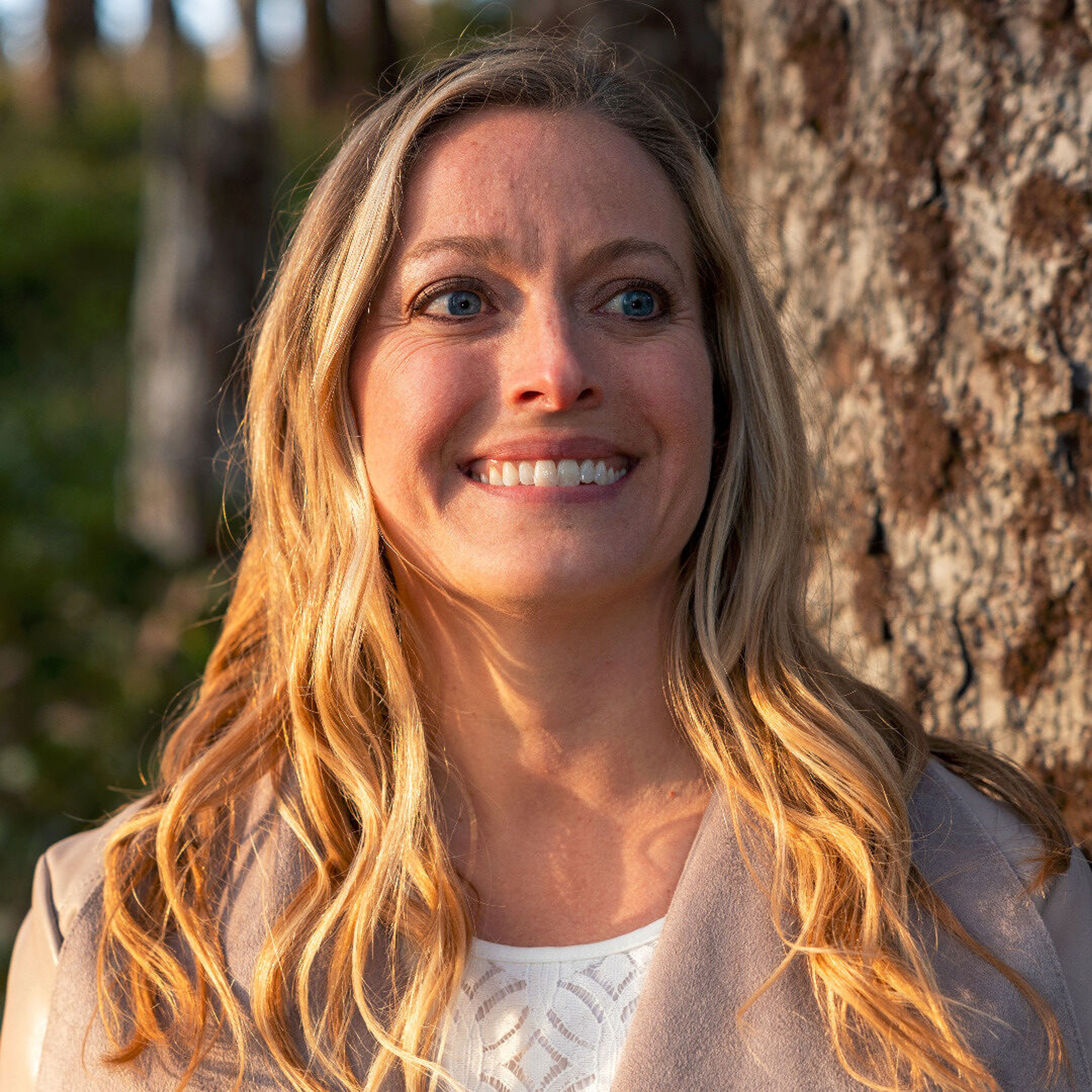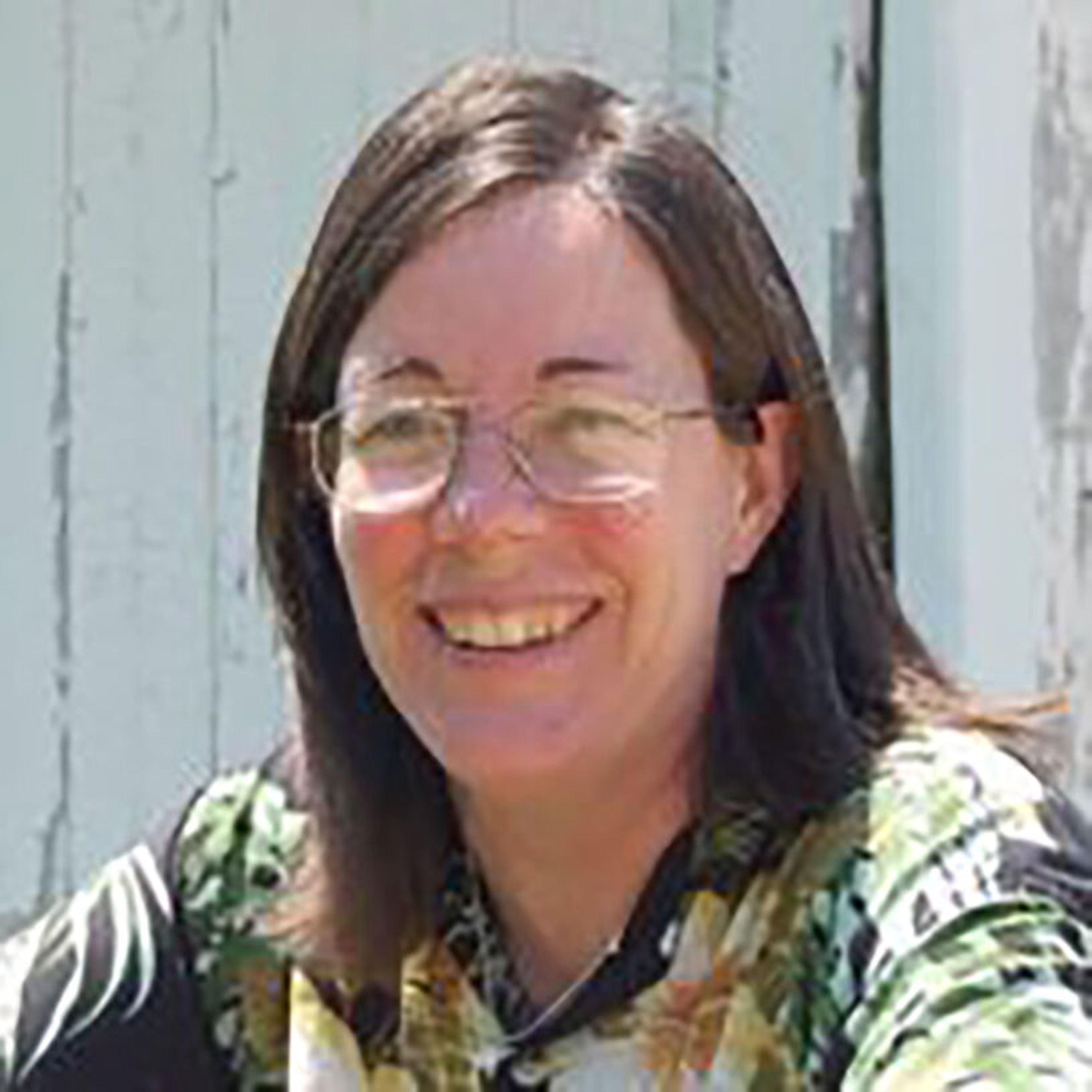Haiti’s spirit of grace amid crisis demands our response
Faith Matters Tracy Simmons
Faith Matters is a partnership with FaVS News (online at favs.news) providing readers a regular column about faith and its intersection with culture and our communities.
Pope Francis recently called on us to remember the people of Haiti saying, “I ask everyone to pray for the cessation of all forms of violence and, with the commitment of the international community, to continue working to build peace and reconciliation in that country, always defending the dignity and rights of all.”
These words come as Haiti is reeling from devastating violence. According to the United Nations Human Rights Office, gang-related violence claimed at least 3,661 lives in just the first half of 2024. Armed gangs now control roughly 80% of Port-au-Prince, the capital, paralyzing daily life and basic services.
Because of this, more than 700,000 people have been displaced — about half of those are children. And, even more people there — 1.6 million— are facing emergency levels of food insecurity.
While the international community has offered statements of concern and modest aid packages, the scale of response has not matched the magnitude of this humanitarian catastrophe.
Although words aren’t enough, I appreciate the pontiff reminding us that the Haitian people are in trouble.
When the 2010 earthquake devastated Haiti, a group of Connecticut Episcopalians rushed to help their longtime partners at a rural school outside of Port-au-Prince. I went with them and reported on their efforts. I stayed for about two weeks.
We slept on bare concrete in what remained of a hotel, surrounded by crumbling walls. Above our sleeping bags, in an absurd twist, a disco ball still clung to a patch of the ceiling. Like most of the city, we had no water.
In the collapsed rooms around us, families took refuge.
They had lost their entire homes, and worse, many had lost their loved ones. Some bodies were still buried in the rubble.
In the evenings, when the volunteers closed up the first aid clinic for the day, we’d all sit around the crumpled hotel and eat or play soccer. The Haitians always offered us their own food, even though we had plenty of our own. Their grace humbled me to my core.
When aftershocks came, usually in the pre-dawn hours, they sparked a chorus of distress: roosters crowing, dogs howling, babies wailing. Then, as if in defiance, voices would rise in praise songs, their melodies challenging the earth’s rumbling.
Sometimes they’d even get dressed (looking much nicer than me) and parade to what was left of the church, Bible in hand, and have a service right then and there.
I remember wishing my mom could see what I was witnessing. She believed the earthquake — which killed 300,000 people — occurred because Haitians practiced Vodou. If only she knew most of the country was Catholic, followed by Protestant. And if only she believed in a God who didn’t punish people with death.
While Haiti grapples with ongoing crises — from earthquake recovery to gang violence — JD Vance has complicated life for Haitian Americans by spreading unfounded stereotypes about their culture when he said they were eating people’s pets.
In September, Rev. William Barber, a prominent American Protestant minister, visited Springfield, Ohio, to stand with the Haitian community there, whom Vance had targeted with his lies.
“Do not reject God by rejecting your Haitian neighbor,” he said. “Take your lies, take your foot, take your oppression, take your distortion off the back of our immigrant brothers and sisters. It’s gone on far too long, and we won’t be silent anymore.”
I may not have the power to stop the gang violence in Haiti, but I can stand against the rumors that tarnish their struggles, love them from afar, and carry forward the lessons they’ve taught me about kindness and generosity. These values aren’t just for moments of crisis but are a reminder of how we should strive to live every day, no matter where we are.
Simmons is an award winning journalist specializing in religion reporting and media entrepreneurship. She serves as the executive director of faves.news and is a scholarly assistant professor at Washington State University’s Murrow College.
